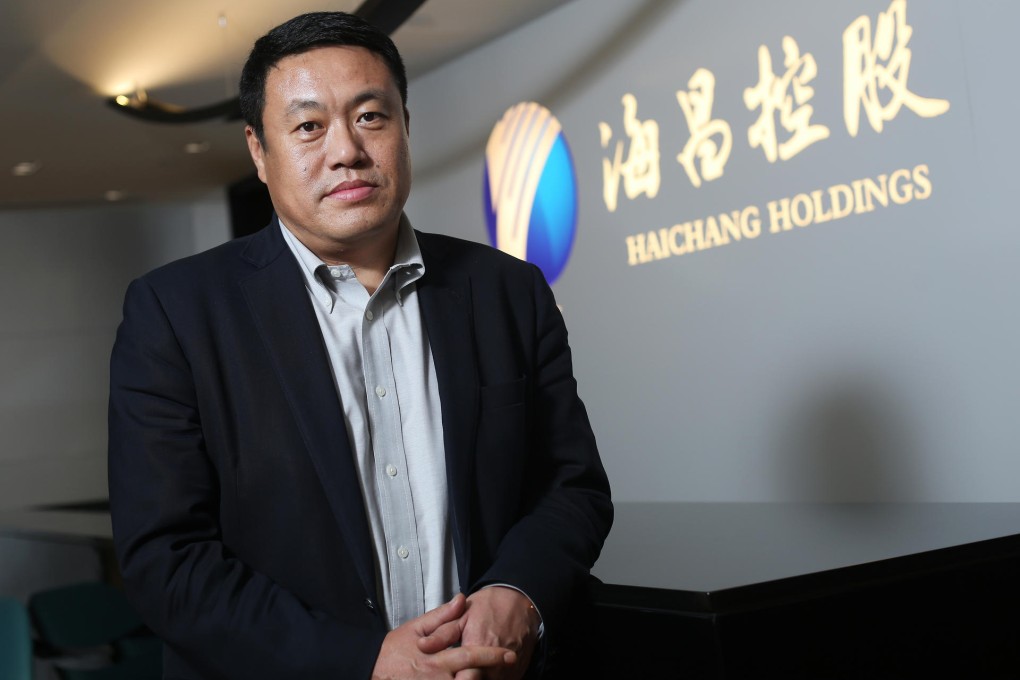New | Haichang boss optimistic despite arrival of Disneyland
A pioneer of Haichang's expansion push, Wang Xuguang explains why Disneyland will create business synergies, not competition, for his firm's marine theme park in Shanghai

After spending nearly two decades working in Industrial and Commercial Bank of China's Dalian branch and climbing to the No 2 position, Wang Xuguang decided it was time for a change at the age of 37. In 2007, he left the financial industry and joined Haichang Holdings chairman Qu Naijie to develop the theme park business nationwide.
In the past few years, Wang steered Haichang's aggressive expansion, as it now operates eight theme parks focusing on marine and polar animals in Dalian, Qingdao, Wuhan, Tianjin, Yantai and Chengdu. The firm is now the largest marine theme park operator in China by visitor numbers and water volume.
While planning to strengthen its existing business, Wang hopes Disneyland in Shanghai, which is set to open next year, will bring positive impact to the Shanghai Haichang Polar Ocean World, which will open in 2017.
It is how to strengthen the revenues of Haichang's existing theme parks. We are developing a theme park in Shanghai, the Shanghai Haichang Polar Ocean World, which will be the largest [in China] when completed in 2017, and another in Sanya, Hainan.